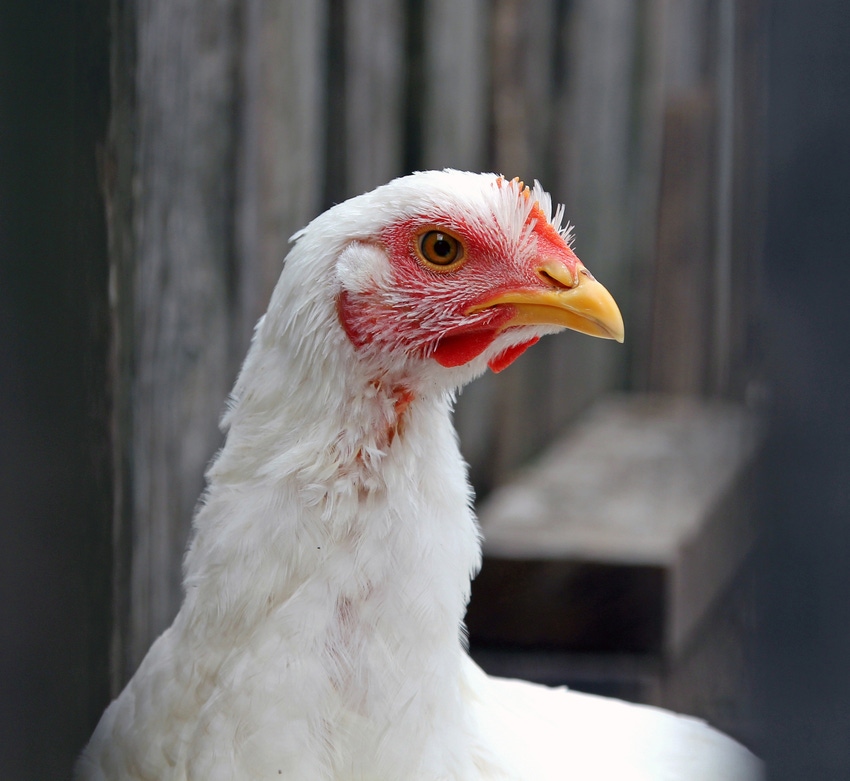Regional quarantine in Southern California lifted.

The California Department of Food & Agriculture (CDFA) and the U.S. Department of Agriculture announced June 1 an end to the virulent Newcastle disease (VND) quarantine in southern California.
Extensive testing of the regulated area has been completed, with no additional detections of the disease. This allows poultry to again move freely within California, CDFA said in its announcement.
“We have eagerly anticipated this day and are extremely proud of the tireless work of the Virulent Newcastle Disease Task Force,” said CDFA secretary Karen Ross. “While we extend gratitude to the hundreds of dedicated and skilled USDA, CDFA and California Animal Health & Food Safety Laboratory System employees who worked for over two years to achieve this goal, often in adverse conditions, we also want to thank the thousands of poultry owners in southern California who made the sacrifices and investments needed to eradicate this virus from California.”
VND was first detected in May 2018 in Los Angeles County. By December 2018, the virus had spread extensively in backyard poultry in the Los Angeles Basin and also infected commercial flocks. After prolonged disease control efforts, the last confirmed positive case was detected in February 2020, CDFA said. Testing has continued throughout the area since that time to gain assurance that the disease was eradicated.
To continue to protect California flocks, poultry entering California must either have a certificate of veterinary inspection demonstrating good health or a National Poultry Improvement Program certificate. CDFA noted that it retains the authority to monitor and test poultry so that any future infections can be stopped quickly, minimizing potential harm. Additionally, CDFA and USDA, in partnership with many bird enthusiasts in southern California, are committed to on-going monitoring for disease and continual support for biosecurity training.
CDFA said all backyard poultry owners and commercial operations are encouraged to practice biosecurity measures to help prevent the introduction of disease when people enter or depart the premises, to routinely check birds for signs of illness and to report any incidence of suspected VND or other bird diseases. More information is available at www.cdfa.ca.gov or through the California Avian Health Education Network (CAHEN) at (866) 922-2473.
“We hope to continue working with bird-owning communities to prevent a reintroduction of widespread disease, so that we never have to place an areawide VND quarantine in southern California again,” California state veterinarian Dr. Annette Jones said.
VND is a virus that affects birds with particularly lethal effects on poultry, affecting the digestive system, nervous system and respiratory system. It is not normally found in the U.S. It spreads quickly among birds but is not considered a human health threat. Its presence can be so detrimental to poultry health and the food supply that it triggers state, federal and international regulatory response, CDFA said.
While this virus has been introduced and eradicated from more than 15 U.S. states since 1950, the largest outbreaks occurred in California in 1971-74 and 2002-03 following a similar pattern but with wider spread than the recent 2018-20 outbreak, CDFA said.
According to USDA's Animal & Plant Health Inspection Service, as of May 15, USDA had confirmed 476 premises in California as infected with VND, including 262 in Riverside County, 164 in San Bernardino County, 46 in Los Angeles County, one in Ventura County, one in Alameda County and one in San Diego County. USDA also confirmed one infected premises in Utah County, Utah, and one infected premises in Coconino County, Ariz.
“APHIS and CDFA employees have worked tirelessly over the past two years toward this goal,” USDA chief veterinarian Dr. Burke Healey said. “While this is a big accomplishment, we need to continue the work to educate bird owners and arm them with the knowledge and tools to prevent this from happening again.”
To guard against the risk of future outbreaks, APHIS said the prevention plan led by the California Avian Health Education Network (CAHEN) will focus on disease monitoring and continual support for biosecurity training. "Southern California’s many backyard and commercial poultry owners alike must remain vigilant in protecting the health of their birds by ensuring biosecurity protocols are being followed every day, every time. Education, training and outreach will ensure backyard bird owners and both feed and pet stores have the information they need to keep birds healthy," Healey added.
About the Author(s)
You May Also Like


.png?width=300&auto=webp&quality=80&disable=upscale)
